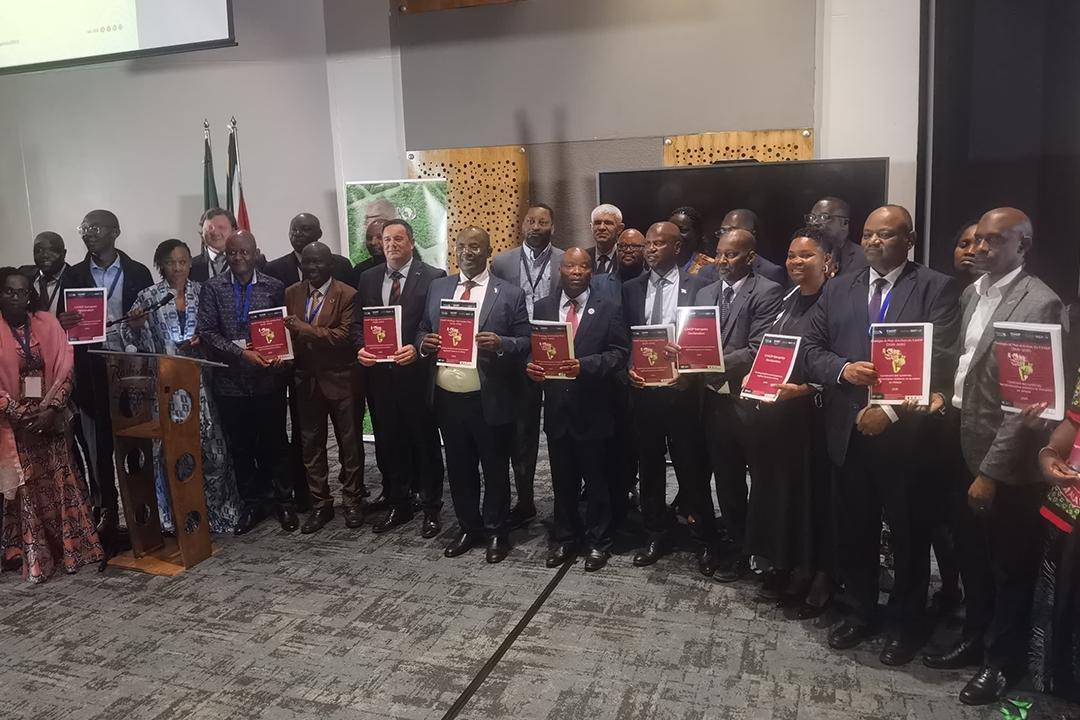Africa-Press – Eswatini. Africa’s agricultural future will be powered by its greatest assets—its youth and women.
That’s the inspiring vision shared by AU Commissioner Moses Vilakati, who outlined an ambitious plan to tap into the continent’s vast human potential through the CAADP and the CARTA action plan.
“The youth form about 60 to 70 percent of the population,” Vilakati emphasized. “We are saying the youth must come and be part of agriculture.” A key strategy is to harness digital technology to attract young people to the sector. “The plan we’re putting in place is one of digitalized agriculture,” Vilakati explained. “Because the youth like to work on their gadgets, we’re trying to use what they like to be an enabler.”
To drive this vision, the AU will host a Job Summit in Addis Ababa in July, aiming to create a minimum of 20 million youth jobs through digitalization in agriculture. Vilakati underscored the transformative potential across the agricultural value chain, “from production to processing to eating,” with digital tools bridging gaps and creating meaningful employment.
Women, too, are central to the AU’s blueprint. “More often than not, it’s us men who are at the front,” Vilakati acknowledged. “But if we give these chances to women also and the youth, I think we will achieve what we want to do in the cut-up action plan.”
Importantly, the AU is focused on inclusivity not just at the policy level but on the ground. Smallholder farmers, who form the backbone of African agriculture, stand to benefit from the African Continental Free Trade Area (AfCFTA). Currently, intra-African trade is just 15%, with most agricultural exports going outside the continent.
“Even the small farmer with rabbits or indigenous goats can sell to other African countries,” Vilakati said.
Digital platforms and virtual marketplaces are key tools in this transformation, opening up regional trade for smallholders.
Vilakati’s optimistic outlook is matched by his sense of responsibility. “We should not let any person starve in Africa,” he said. “We need to give them all the knowledge and expertise so they can stand on their own.”
With youth, women, and smallholder farmers at the heart of Africa’s agricultural revolution, the future promises not only food security but also economic empowerment and lasting peace.
For More News And Analysis About Eswatini Follow Africa-Press







